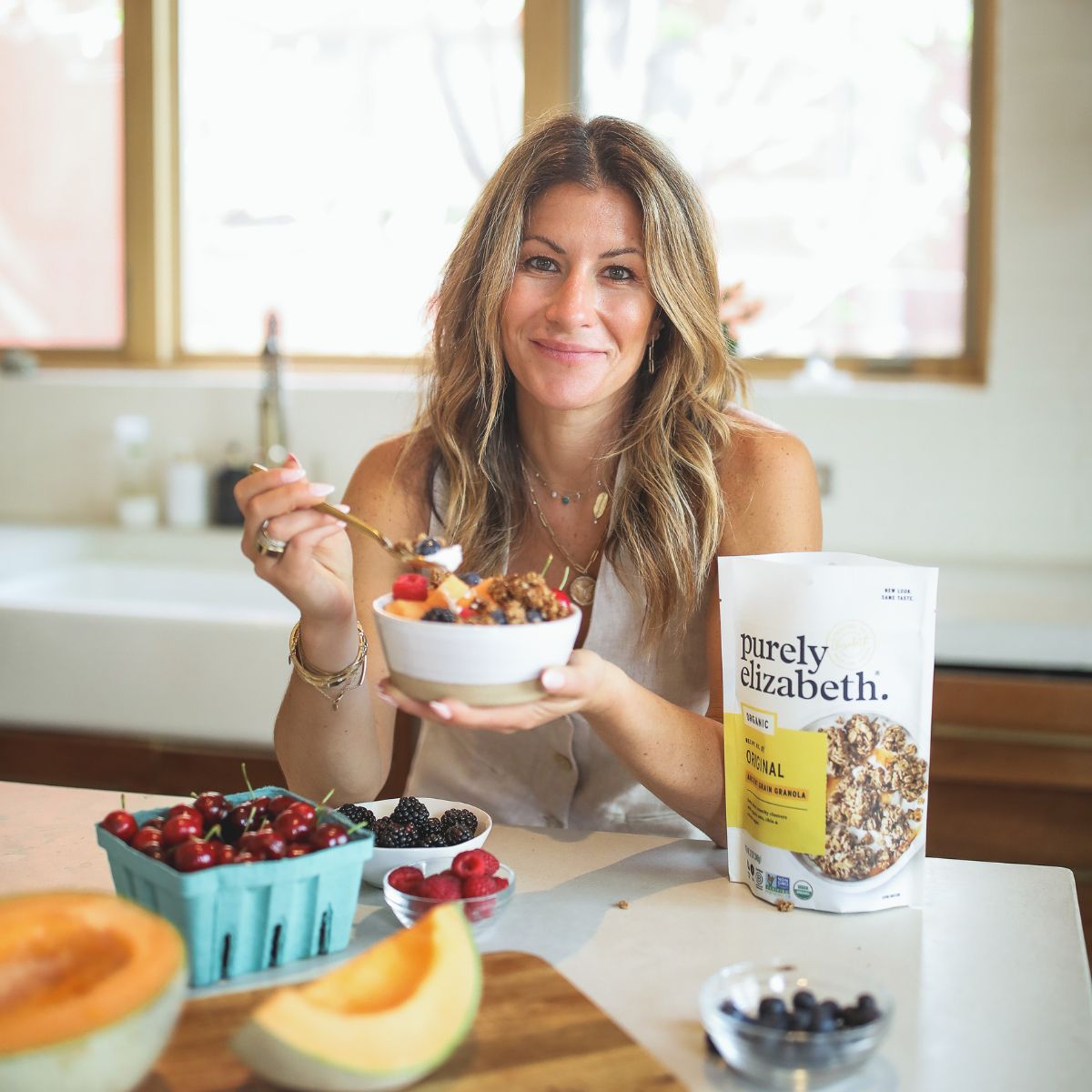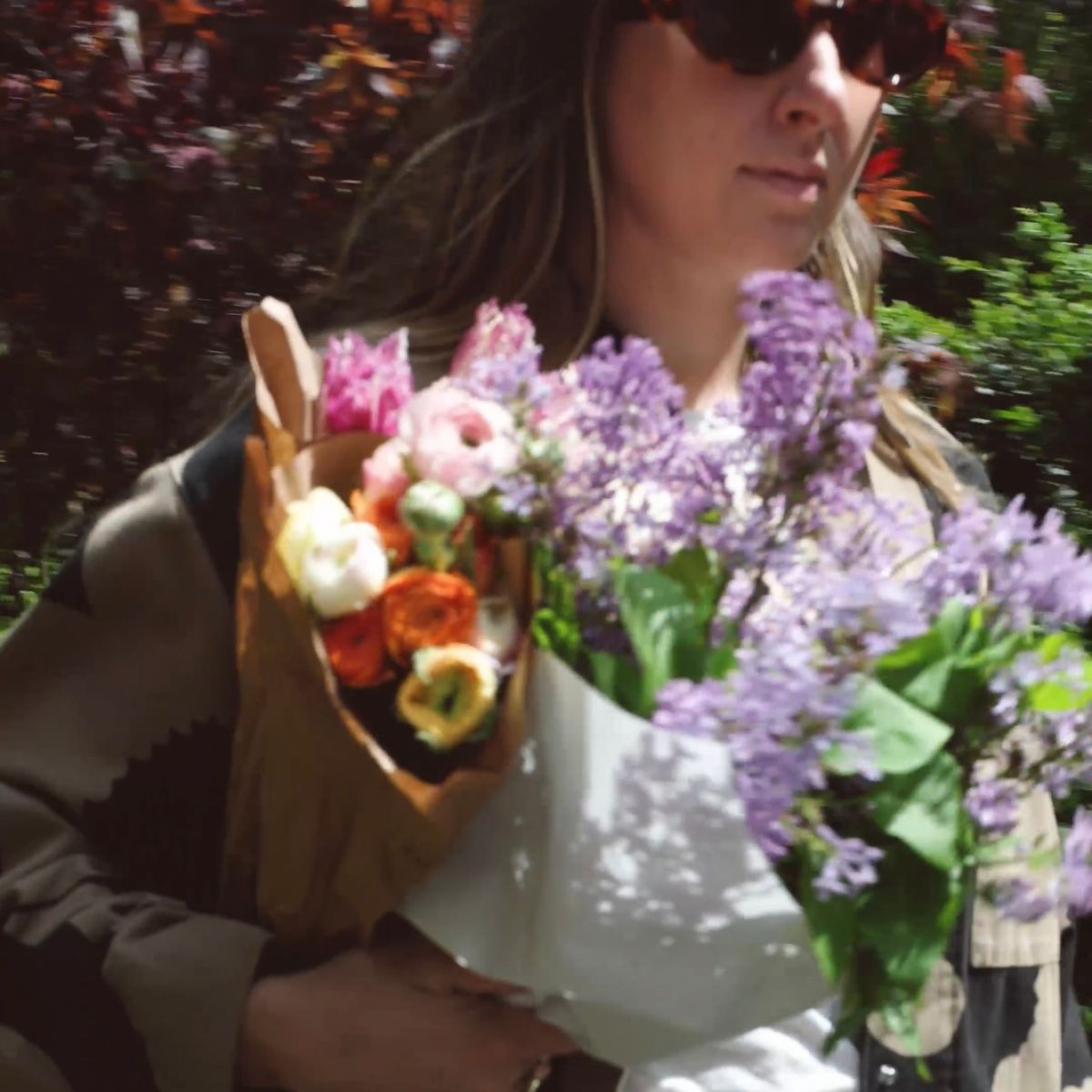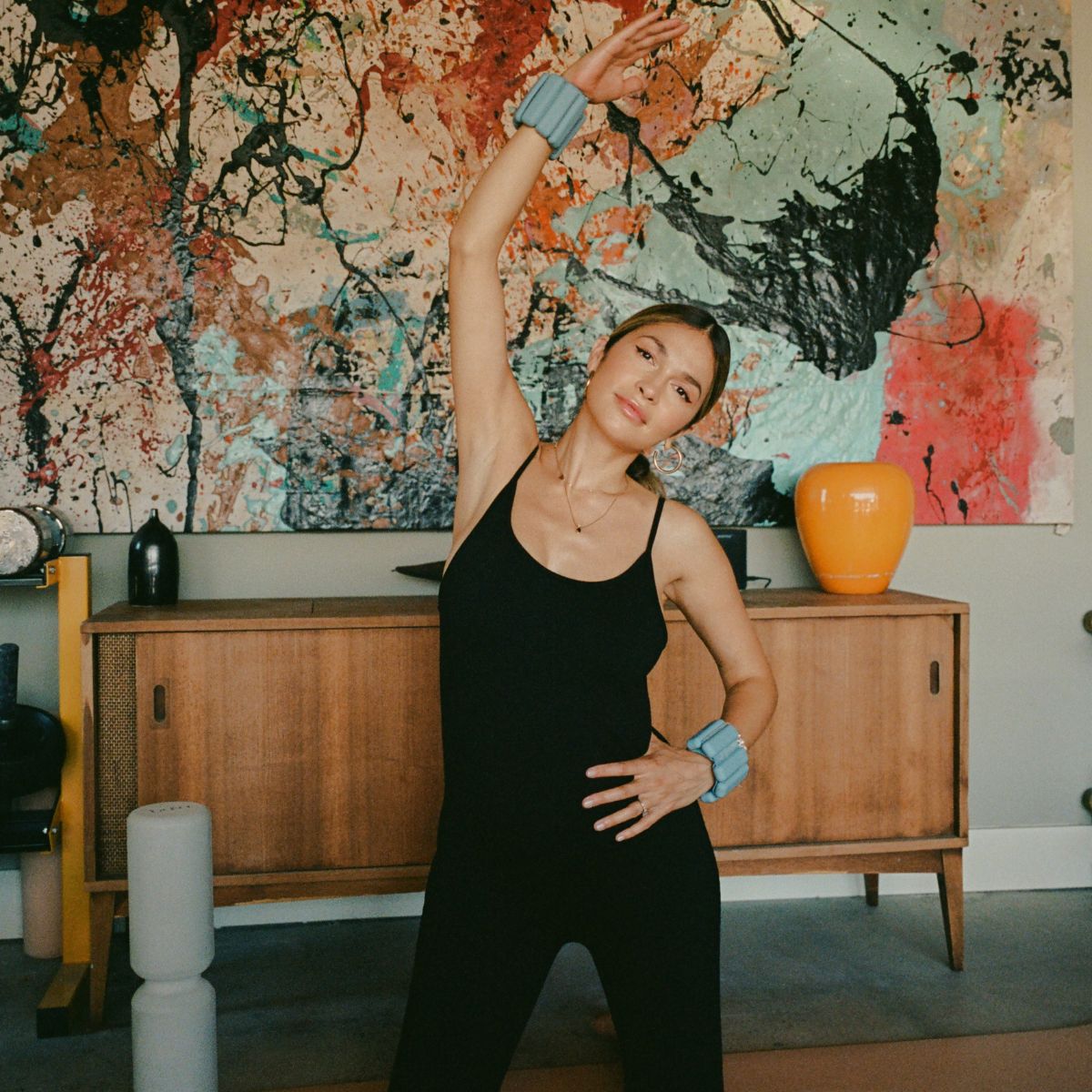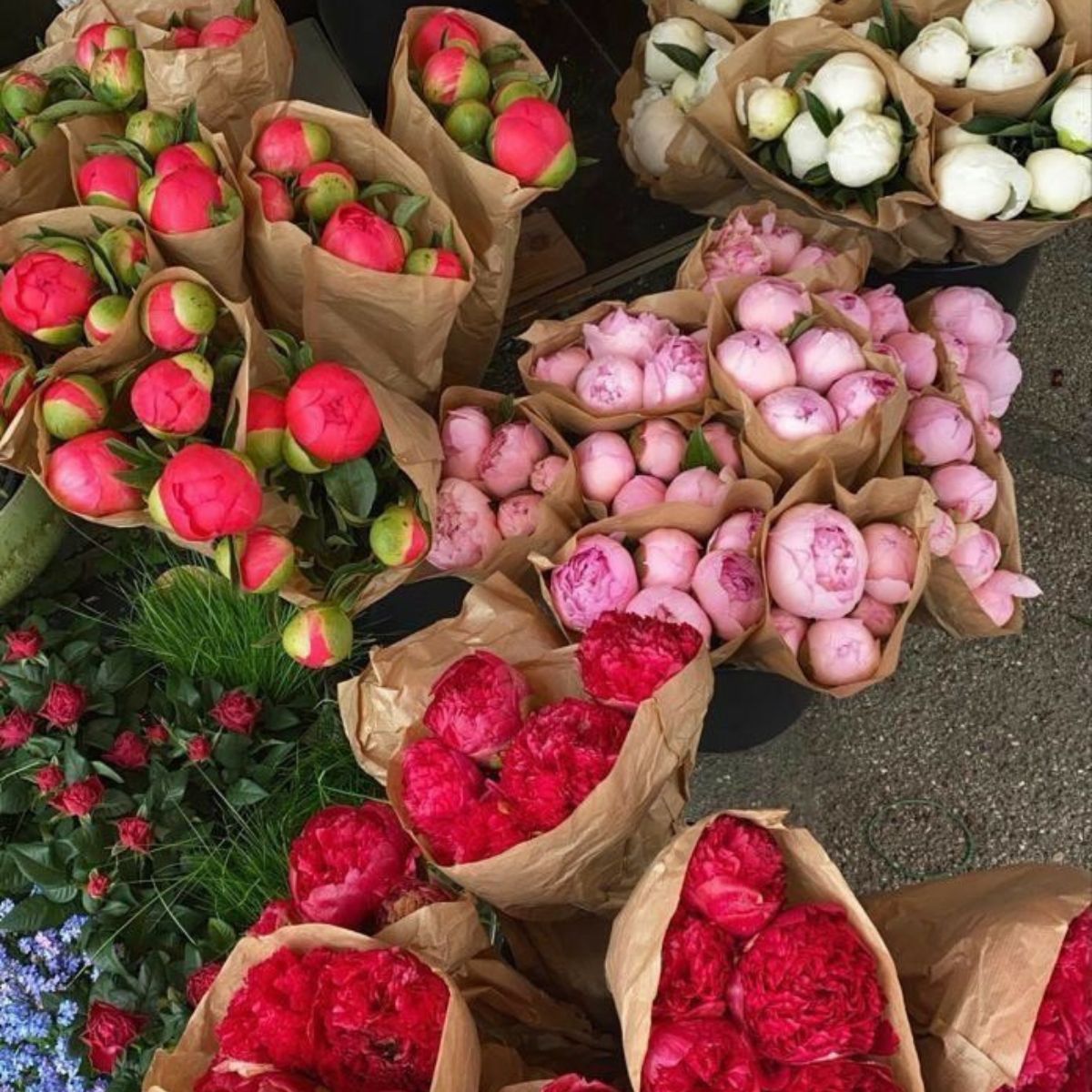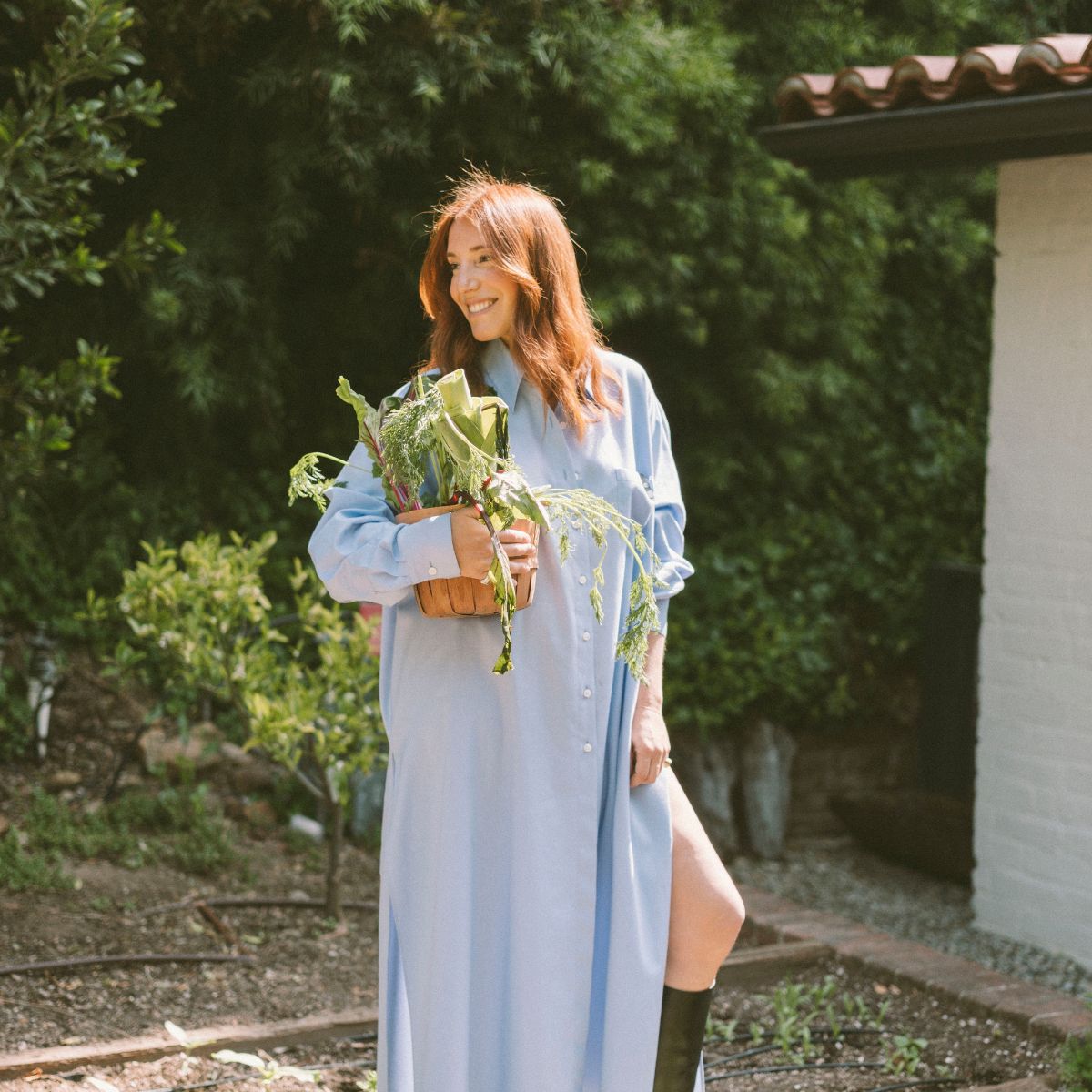Elizabeth welcomes the bubbly and dynamic Katie Wilson, CEO and Co-Founder of BelliWelli, a groundbreaking wellness brand committed to destigmatizing digestive health and addressing the gaps in the functional food market. Having embarked on a journey from celebrity matchmaker to wellness trailblazer, Katie's personal struggle with IBS ignited a passion to revolutionize gut health.
Katie shares her inspiring transformation – from poring over food labels and consulting doctors to crafting a solution that didn't exacerbate her symptoms. Her pivot into the world of consumer packaged goods (CPG) led to the birth of BelliWelli bars. She talks about the power of community feedback and how immersing herself in a Facebook group and listening to customer feedback continues to build and shape BelliWelli’s trajectory. She also talks about fundraising, mentorship and why she’ll never give up coffee!




